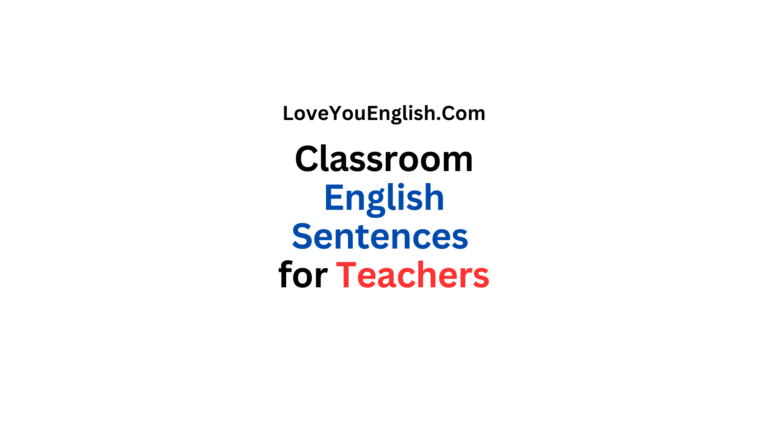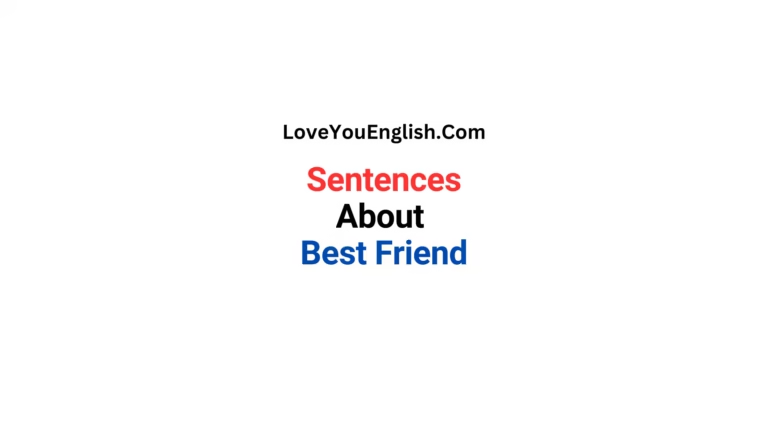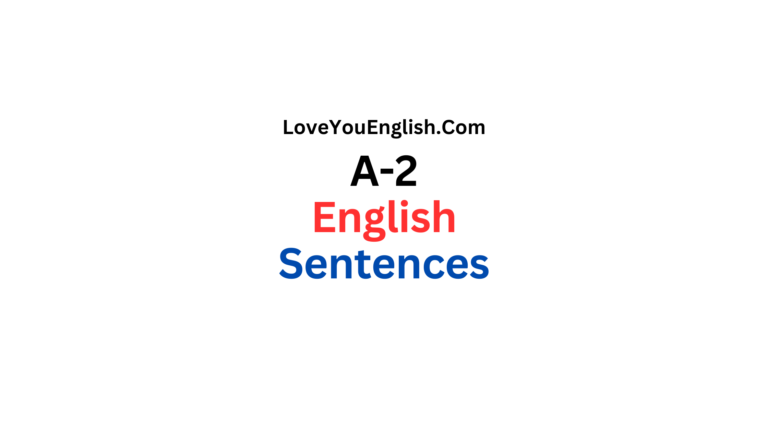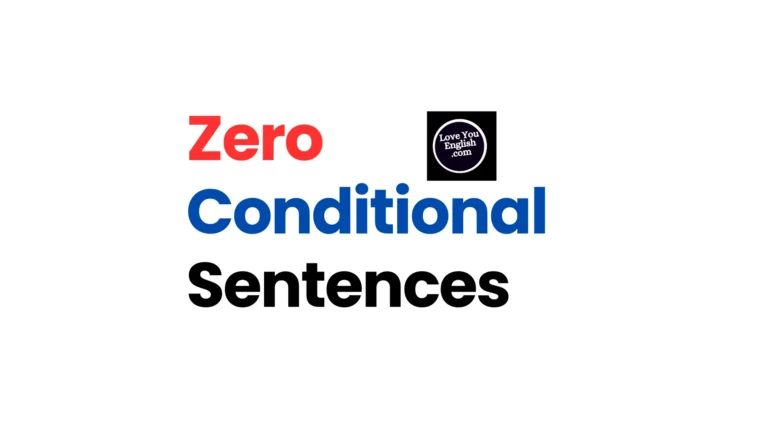English for Tourism and Hospitality for Beginners
“I can understand them, but I can’t answer confidently!”
That’s what one of my hotel management students told me during a roleplay activity years ago.
He was working part-time at a local resort and struggling to communicate with foreign guests. Sound familiar?
Whether you’re a front desk agent in Mumbai, a tour guide in Jaipur, or a server in a beach café in Goa, English is your bridge to the world.
It’s the most commonly used language in the global tourism and hospitality industry.
And no—your grammar doesn’t have to be perfect. What matters most is clarity, courtesy, and confidence.
In this post, I’ll walk you through essential English for tourism and hospitality, with practical expressions, real-world situations, and tips from my 10+ years of teaching experience.
Let’s unlock your communication skills, one conversation at a time.
This topic is part of our English Sentences for English learners.
Why English Matters in Tourism and Hospitality
Let’s be real: tourism is global. According to the World Travel & Tourism Council, tourism generated 10% of global GDP before the pandemic. And guess what ties all those travelers together? English.
It’s not just about impressing guests—it’s about making them feel understood, welcome, and safe. Even if it’s just small talk at the concierge desk or explaining how to get to the airport, your words can shape someone’s experience of an entire country.
What Happens When English Is Weak?
Here’s a quick story from one of my hotel industry trainees:
“A German guest asked for a ‘wake-up call,’ and I thought he meant a motivational talk! I said, ‘Sir, you are doing a great job in life,’ and he looked confused.”
It’s funny—but also shows how easily things can go sideways. Inaccurate English can lead to:
-
Misunderstandings
-
Guest complaints
-
Lower ratings and tips
-
Missed career opportunities
Now, let’s avoid those pitfalls.
Key Situations: What English You Actually Need
You don’t need Shakespeare. You need functional English—the kind that works in real situations.
Here’s how I break it down for my students:
1. Greeting and Welcoming Guests
First impressions matter. Smile, make eye contact, and use friendly phrases like:
-
“Good morning! Welcome to [hotel name]. How can I help you today?”
-
“Hope you had a pleasant journey.”
-
“Let me help you with your bags.”
📝 Pro Tip: Always speak clearly and slowly, especially if the guest speaks English as a second language—just like you.
2. Taking Reservations
Whether it’s over the phone or in person, you need to collect information efficiently.
Useful phrases:
-
“I’d be happy to assist you with your booking.”
-
“Could you please spell your name for me?”
-
“What dates will you be staying with us?”
-
“Would you prefer a single or double room?”
📌 Vocabulary Tip:
-
Booking = Reservation
-
Suite = A luxurious room with extra space
-
Availability = Whether rooms are free or not
3. Handling Check-in and Check-out
At the reception desk, professionalism is key.
For check-in:
-
“May I have your ID and booking confirmation?”
-
“Your room is on the third floor. Here’s your key card.”
-
“Breakfast is served from 7 to 10 AM.”
For check-out:
-
“How was your stay with us?”
-
“Here’s your bill. Would you like to pay by card or cash?”
-
“We hope to see you again soon!”
💡 Real-World Tip: Always confirm details politely. For example, “Just to confirm, you’ll be staying for two nights, correct?”
4. Answering Questions and Giving Directions
Tourists ask everything. From where to find an ATM to how to reach the Taj Mahal.
Common expressions:
-
“The ATM is just around the corner.”
-
“You can take a cab or use a ride-sharing app like Uber.”
-
“It’s about a 10-minute walk from here.”
🧭 Direction vocabulary:
-
“Go straight”
-
“Turn left/right”
-
“It’s next to the bank”
-
“It’s opposite the train station”
5. Handling Complaints (With Grace!)
This is where your English—and your patience—really matter.
Polite responses:
-
“I’m very sorry to hear that.”
-
“Let me look into that right away.”
-
“We’ll do our best to fix this issue.”
-
“Would you like me to speak with the manager?”
🔑 Golden Rule: Never argue. A calm tone, polite English, and a solution-oriented mindset go a long way.
Communication Tips That Work Like Magic
You don’t need to memorize thousands of words. You need to develop situational fluency and good habits. Here’s what I teach my learners:
1. Use Short, Clear Sentences
Say:
“The elevator is out of order. Please use the stairs.”
Not:
“Unfortunately, due to temporary mechanical issues, the lift is presently not operational.”
Keep it simple!
2. Learn Politeness Phrases
-
“May I…?”
-
“Would you like…?”
-
“Could I offer you…?”
-
“Is everything to your satisfaction?”
These small words show big respect.
3. Use Active Listening
Nod, smile, and repeat key info:
-
“So you’d like a non-smoking room with a sea view. Got it.”
It makes guests feel valued.
4. Body Language Counts
English isn’t just spoken. A warm tone, gentle gestures, and open posture say a lot.
Must-Know Vocabulary for Tourism and Hospitality
Here’s a cheat sheet I’ve shared with hundreds of my students:
| Category | Essential Words |
|---|---|
| Room Types | Single, Double, Twin, Suite, Deluxe, Standard |
| Facilities | Pool, Spa, Gym, Conference Room, Wi-Fi |
| Services | Housekeeping, Laundry, Room Service |
| Directions | Left, Right, Straight, Corner, Across, Near |
| Problems/Complaints | Leak, Noisy, Dirty, Broken, Late |
| Payment | Bill, Receipt, Credit Card, Refund, Charge |
| Politeness Words | Please, Thank you, Excuse me, I’m sorry |
👀 Want more? Create flashcards and practice daily conversations.
How to Practice English for Tourism (Even Without Guests)
You might think: “But I’m not working yet. How can I practice?”
Great question! Here are some tried-and-tested ways I recommend:
1. Role-Play with Friends or Classmates
Pick scenarios like check-in, room service, or sightseeing tours. Swap roles. Be the guest and the staff.
2. Watch Videos or Listen to Podcasts
Look for:
-
Hotel receptionist training videos
-
English for tourism lessons on YouTube
-
Travel shows with English subtitles
One of my favorites: BBC Learning English – English at the Hotel
3. Shadowing Technique
Listen to native speakers and repeat after them—matching tone and rhythm. It’s great for pronunciation.
4. Create a Guest Diary
Imagine you’re working in a hotel. Write short dialogues or entries about guest interactions.
Example:
“Today, I greeted a couple from Canada. They asked about places to visit nearby. I recommended the fort and the local market.”
A Note on Regional Accents and Native vs Non-Native English
Let’s be clear: You don’t have to sound British or American. You just need to be understandable and professional. Many of my students worry about their accents.
What matters more is:
-
Clear pronunciation (don’t mumble)
-
Good intonation (sound interested!)
-
Listening carefully to different English accents
🌍 Remember, most guests are non-native speakers too!
Common Mistakes to Avoid
Even experienced workers make these—so don’t worry, just stay aware.
| Mistake | Better Option |
|---|---|
| “You didn’t give tip.” | “Tipping is optional, sir.” |
| “Your room is not ready. Wait outside.” | “Your room will be ready soon. Please have a seat.” |
| “What you want?” | “How may I help you?” |
| “Give ID.” | “May I see your ID, please?” |
| “Problem solved.” | “We’ve fixed the issue. Please let us know if everything is alright now.” |
Respect + tone + clarity = better communication.
Conclusion
You don’t need to speak “perfect” English to succeed in tourism and hospitality. You just need to:
-
Learn practical phrases
-
Practice regularly
-
Be polite, confident, and helpful
Over the years, I’ve seen shy learners grow into confident professionals who can handle international guests with grace. And you can do it too.
So here’s your homework: Choose one situation (like check-in or giving directions), and write down a dialogue in English. Practice it aloud. Better yet, act it out with a friend.
And remember: Every conversation is a chance to learn.
Have questions or want a mini role-play lesson on a specific topic?
Drop a comment below—I’d love to help. Let’s grow together. 🌍✈️🗣️
More topics:
- Collocations with “Spend” and “Save” for Talking About Money
- 50 Sentences Using Collocations with “Give”
- Collocations for Talking About Time and Dates
- Collocations with “Better” and “Worse”
- Travel Collocations: Essential Phrases for Vacation Planning






